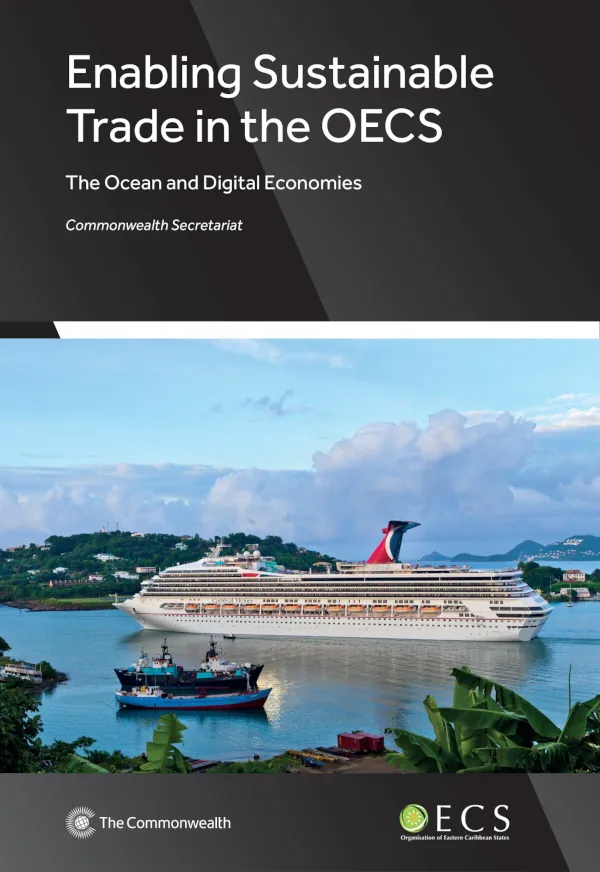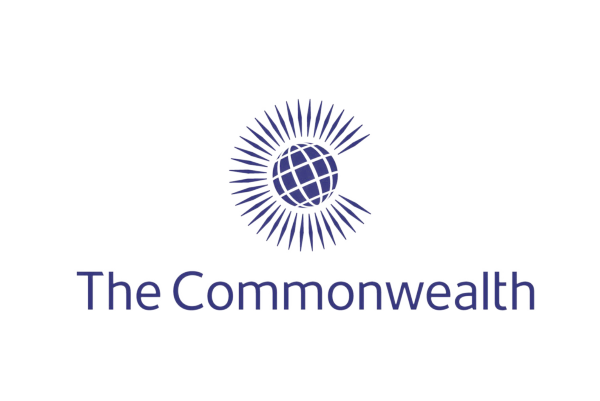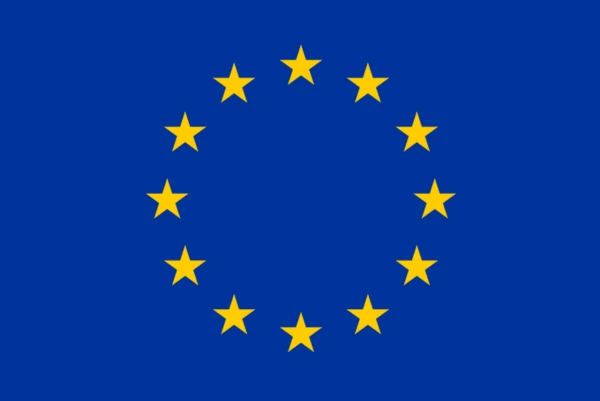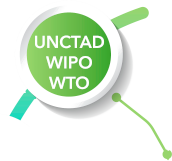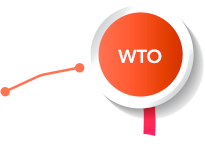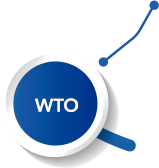OECO Mission Genève
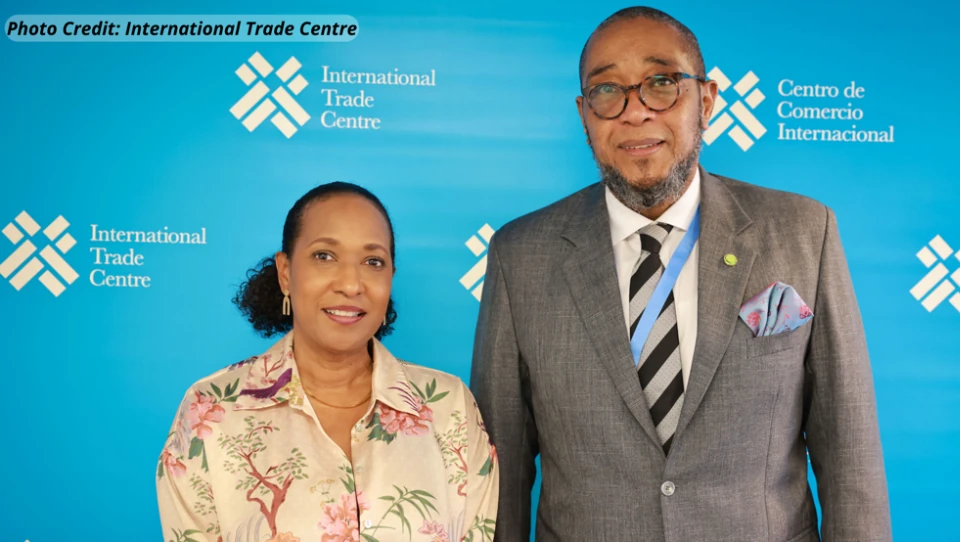
La Mission de l'OECO à Genève (officiellement connue à Genève sous le nom de Délégation permanente de l'Organisation des États de la Caraïbe orientale (OECO) auprès du Bureau des Nations Unies et d'autres organisations internationales à Genève) est une mission technique de la Commission de l'OECO représentant et faisant progresser les intérêts commerciaux et de développement de l'OECO à Genève.
Cette Mission à Genève a été établie en 2005 en réponse au manque de présence efficace de l'OECO à l'Organisation mondiale du commerce (OMC). La Mission surveille, analyse et rend compte des développements et soumet des propositions aux comités et conseils. L'ouverture de la Mission a renforcé la capacité de l'OECO à traiter des questions liées à son adhésion à l'OMC et la Mission travaille en étroite collaboration avec l'Agence d'information et de coopération commerciales internationales (AITIC), également située à Genève
Favoriser le commerce durable dans l'OECO - L'océan et les économies numériques
Objectives
The key focus of the Mission is increased engagement of the OECS in the work of key trade and development and related international organisations in Geneva, including the World Trade Organisation (WTO), the United Nations Conference on Trade and Development (UNCTAD), the World Intellectual Property Organisation, and the International Trade Centre (ITC);
- Represent and advance the interests and positions of the OECS at the WTO in its Regular (monitoring and implementation) Committees and in the multilateral trade negotiations;
- Represent and advance the interests, needs and positions of the OECS in the work of UNCTAD in its three pillars of intergovernmental consensus building; research and analysis; and the provision of technical assistance and capacity building;
- Provide strategic, technical and political advice and analysis to the Commission and the Member States on the work and developments in Geneva;
- Contribute to and participate in the identification and development of OECS interests, concerns and positions within the OECS coordinating and consultative frameworks;
- Provide regular analytical reports on related developments in Geneva;
- Facilitate engagement with development agencies (UNCTAD, ITC, WIPO, WTO and others) for requesting and securing technical and capacity building assistance on trade and related issues;
- Facilitate and provide technical and administrative support to visiting OECS delegations in Geneva;
Resources
Access Resources on Advancing the trade and development interests of the OECS in Geneva via the OECS Library.
Contacts
HE. Colin Murdoch
Ambassador and Permanent Observer
Tel: 41 22 730 1745
colin.murdoch@oecs.int
Joel Richards
Senior Technical Specialist
Tel: +41 07 82 14 83 83
joel.richards@oecs.int
Kurt Corbin
Senior Driver
Tel: 41 22 730 1745
kurt.corbin@oecs.int
Learn more about OECS Geneva Mission
The OECS is working in close collaboration with all the Ministries of its Member States on all matters related to food security and agriculture in the Eastern Caribbean. The Council of Ministers of Agriculture is hosted once a year. This meeting aims to provide a common response to issues in agriculture in the Eastern Caribbean and harmonize the strategy in food security and agriculture in the OECS Member states.
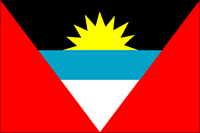
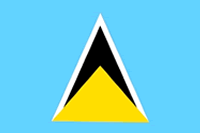
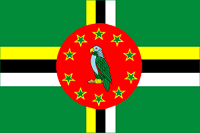
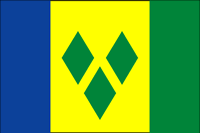
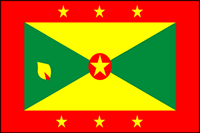
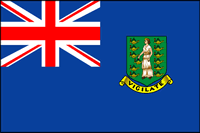
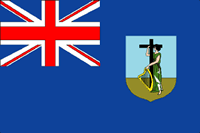
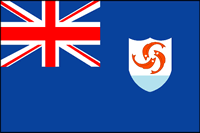
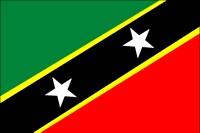
Our coalitions, alliances and group in Advancing the trade and development interests of the OECS in Geneva
The OECS has been partnering for multiple years with regional and international agencies who Advancing the trade and development interests of the OECS in Geneva
In addition to direct engagements in the various bodies (Councils, Boards, Committees, Groups and Working Parties) of the organisations, the interests, concerns and positions of the OECS are also advanced and channelled through various coalitions, alliances and groups in the organisations to which the OECS Member States belong. Click the Graphic Below to see the various groups .
African Caribbean & Pacific (ACP) Group of States
The ACP is an organisation created by the Georgetown Agreement in 197g. It is composed of 79 African Caribbean and Pacific states, with all of them, save Cuba, signatories to the Cotonou Agreement, also known as the 'ACP-EC Partnership Agreement' which binds them to the European Union. There are 48 countries from Sub-Saharan Africa, 16 from the Caribben and 15 from the Pacific.
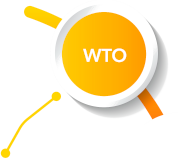
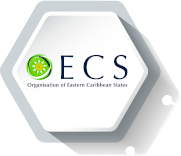
Group of 77 and China (G77 & China)
The Group of 77 is the largest intergovernmental organisation of developing countries in the United Nations, which provides the means for the countries of the South to articulate and promote their collective economic interests and enhance their joint negotiating capacity on all major intentional economic issues within the United Nations system, and promote South-South cooperation for development.




